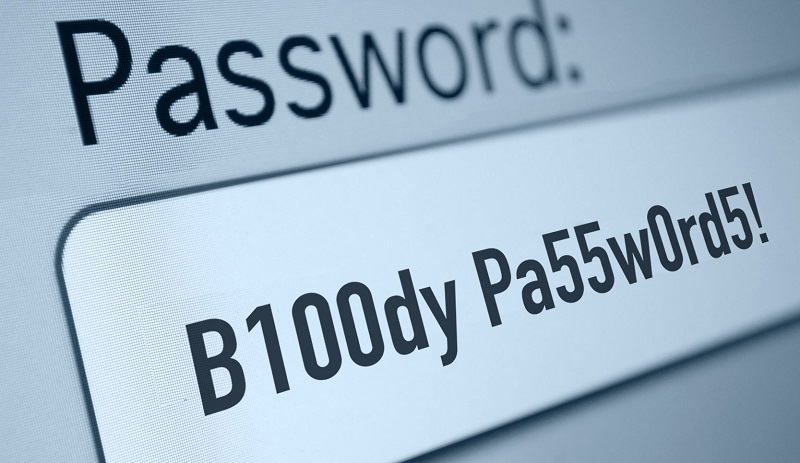Hackers may target you specifically because of your work and try to gain access to your online accounts to do so.
Rule number one: Always create long passwords. Hackers often use computer programs that can guess an extremely high number of password combinations, especially weak ones. A strong password is made up of more than fourteen or more characters, including letters, numbers, and symbols.



